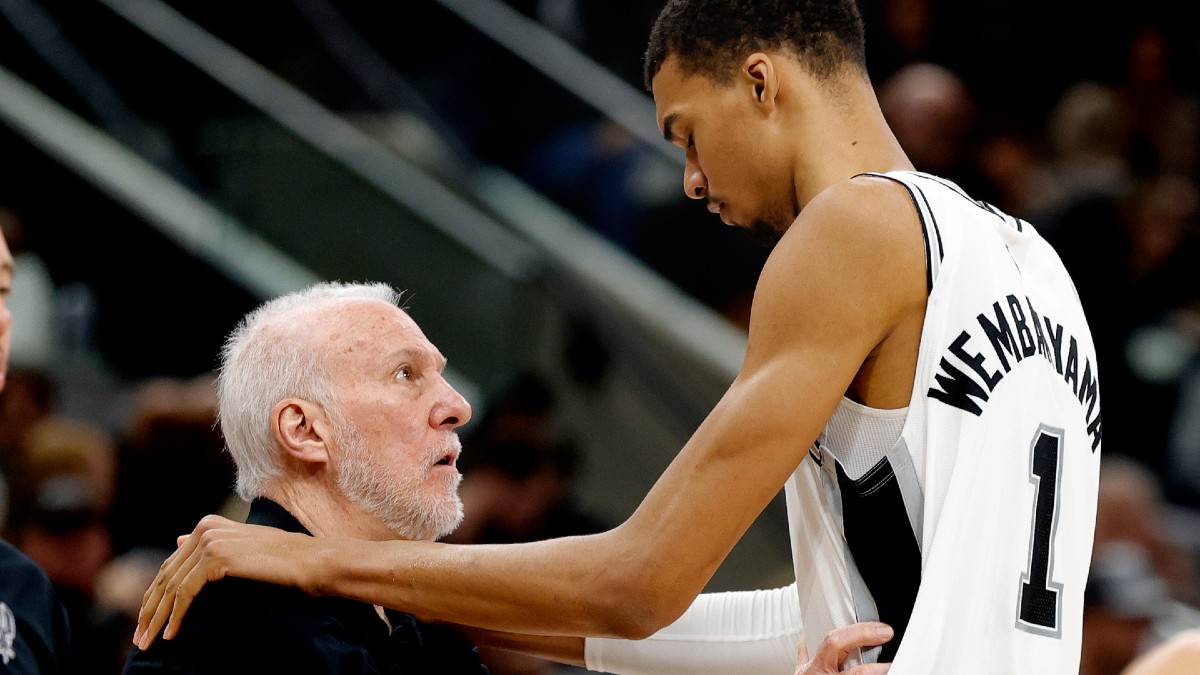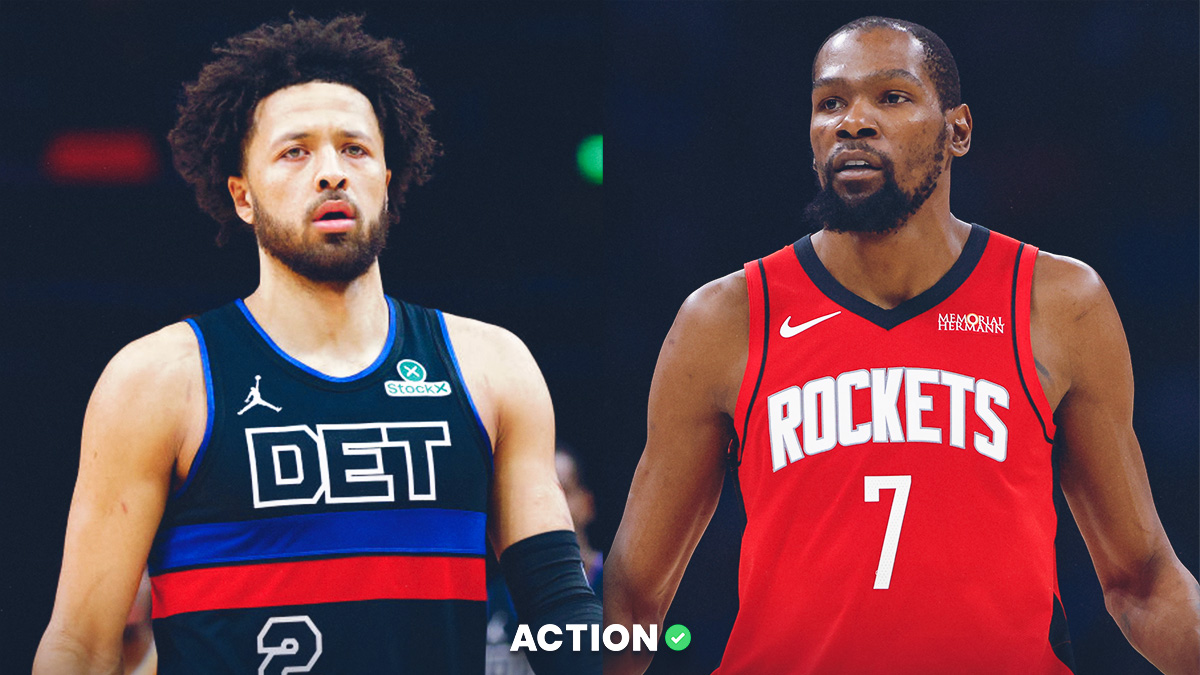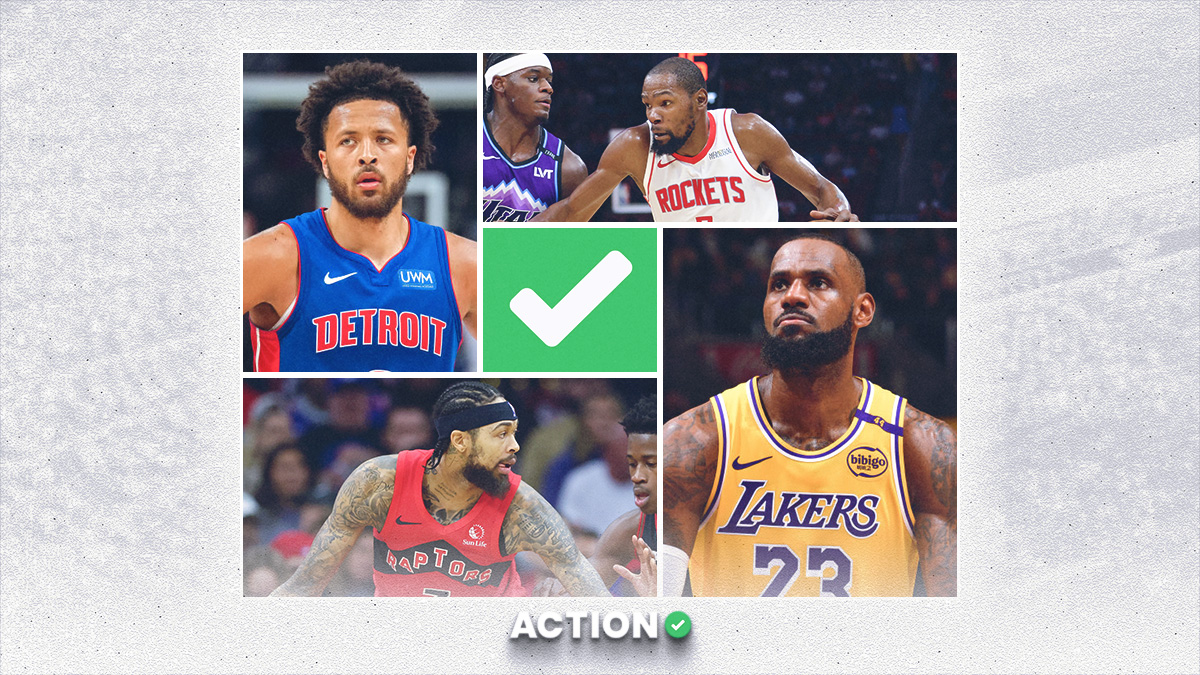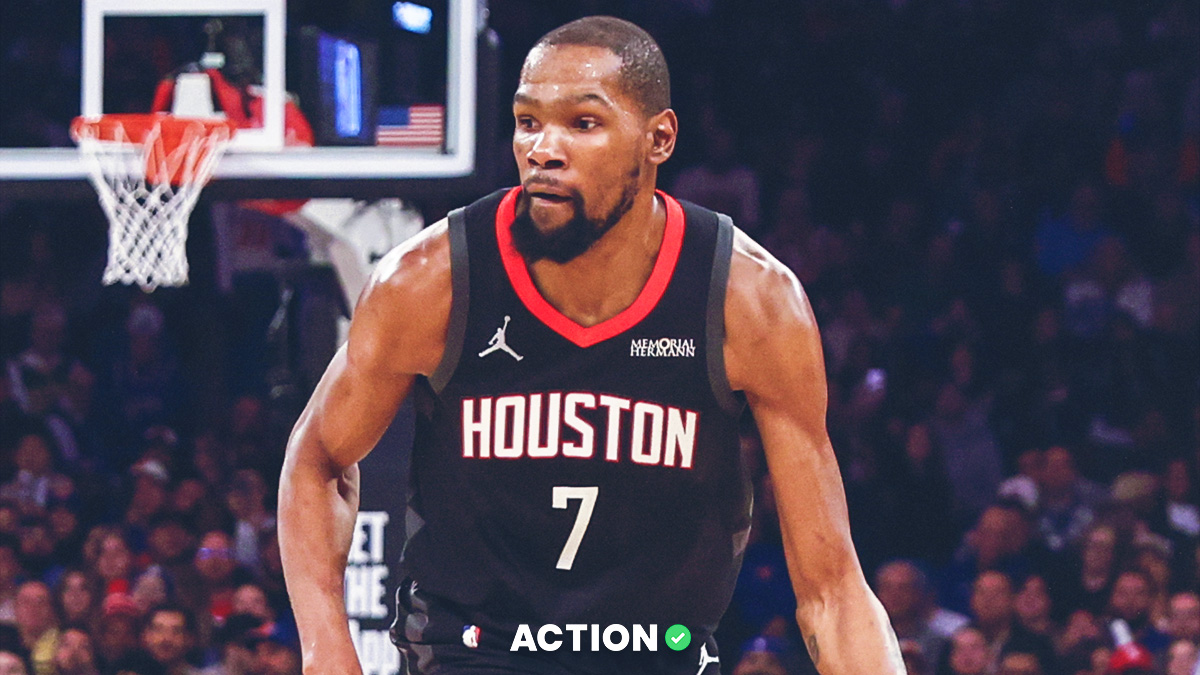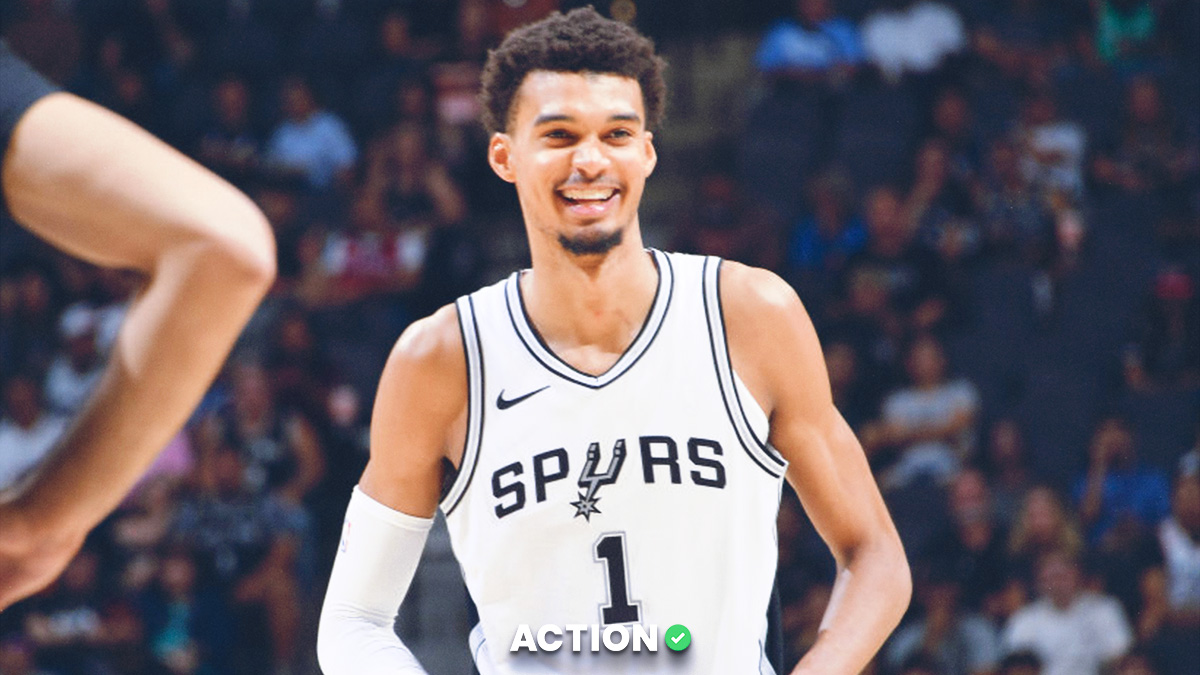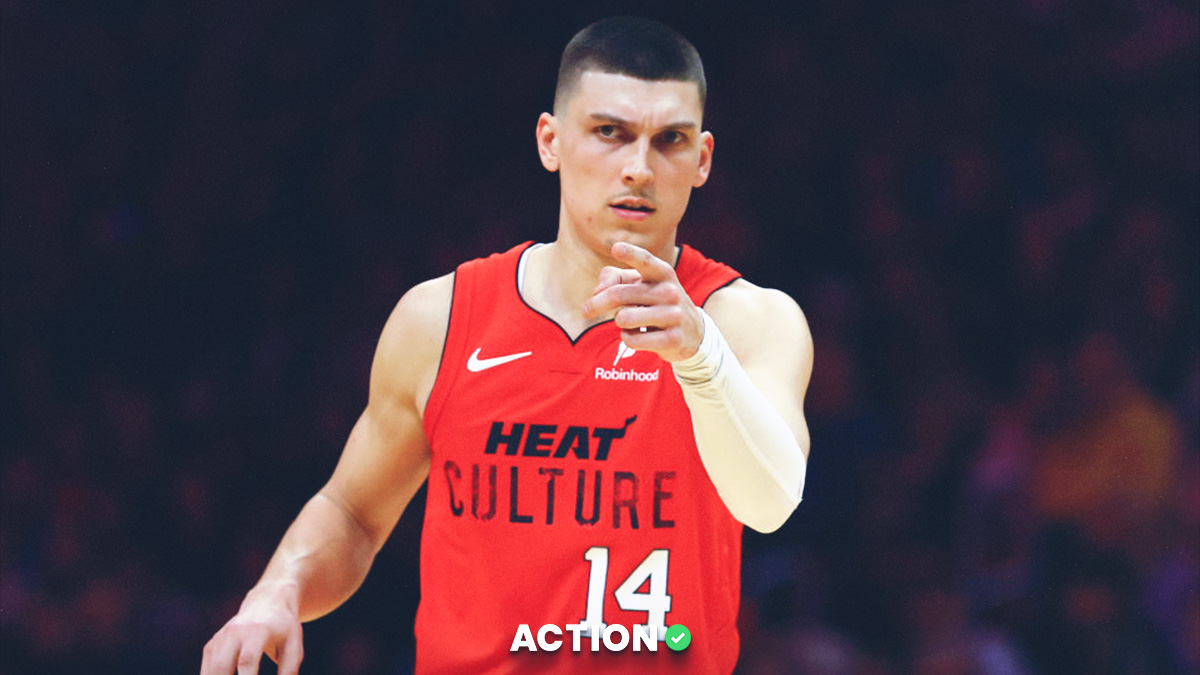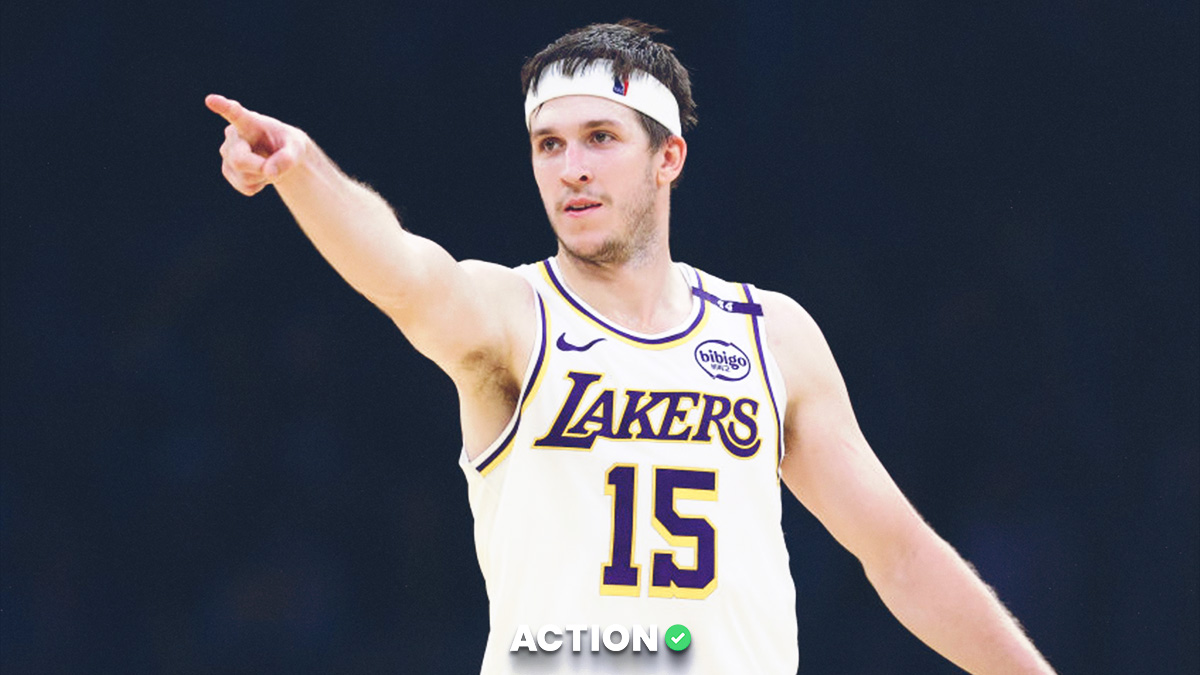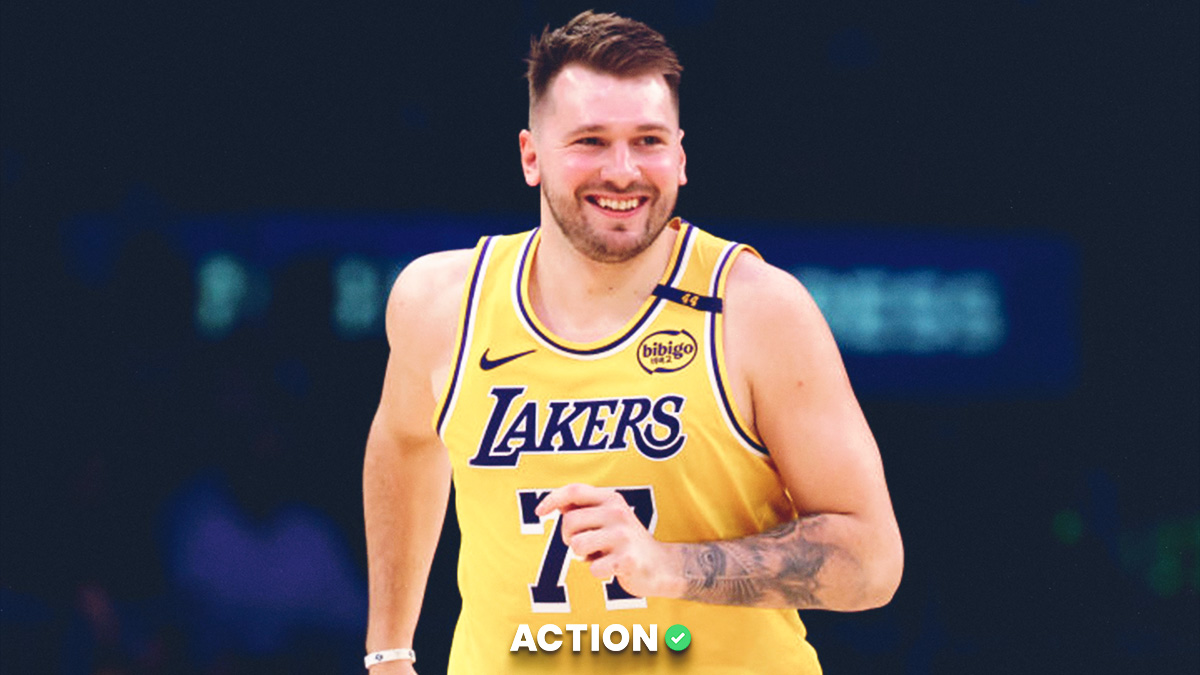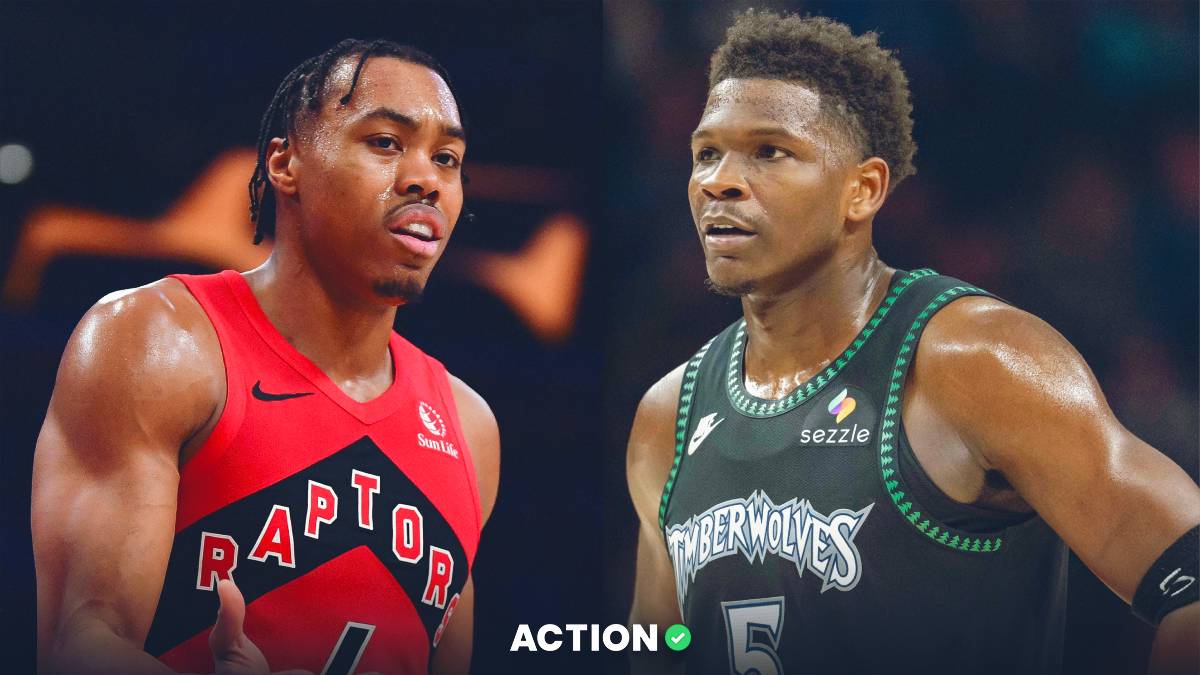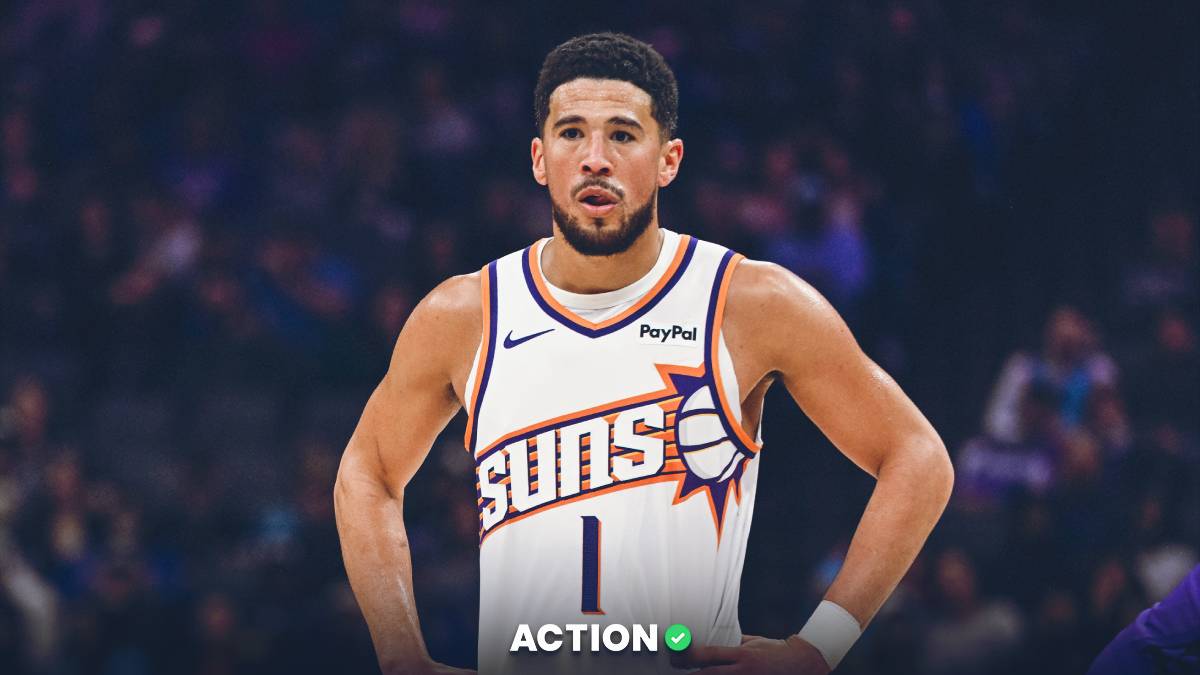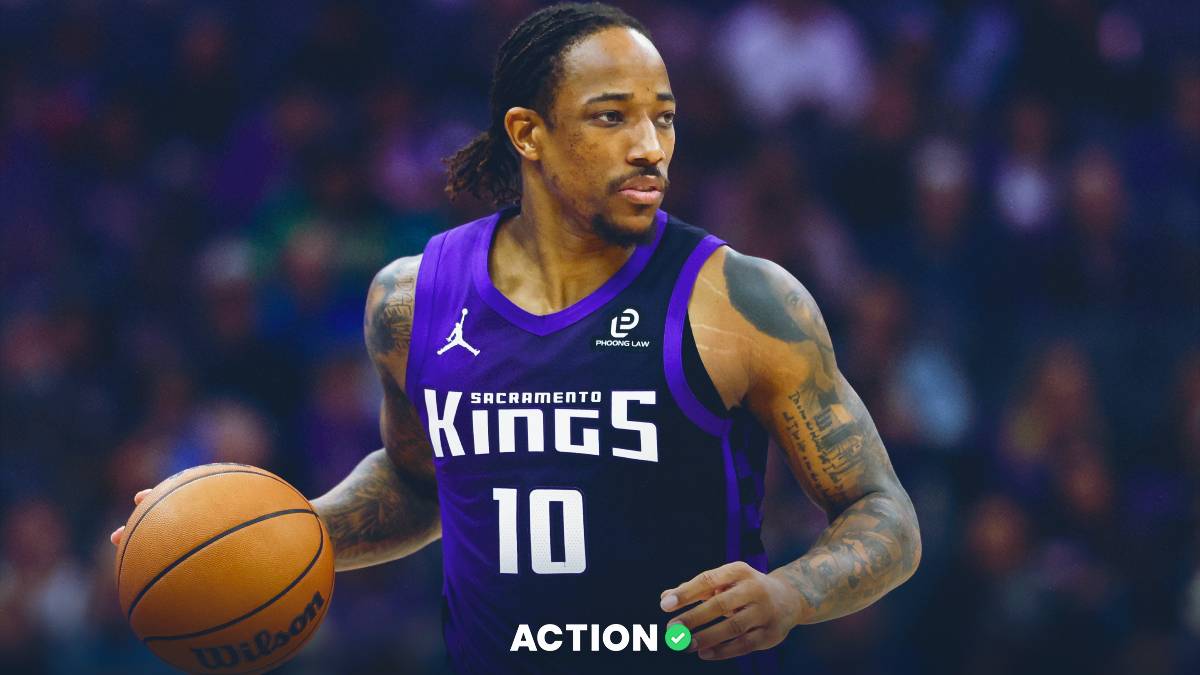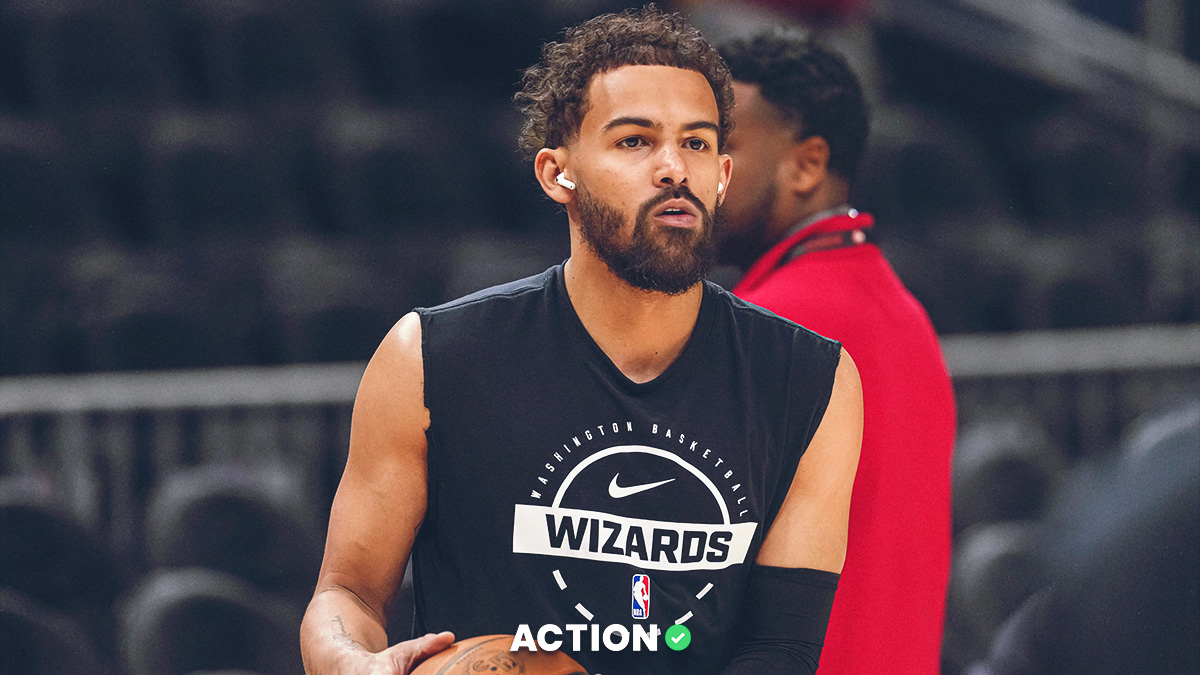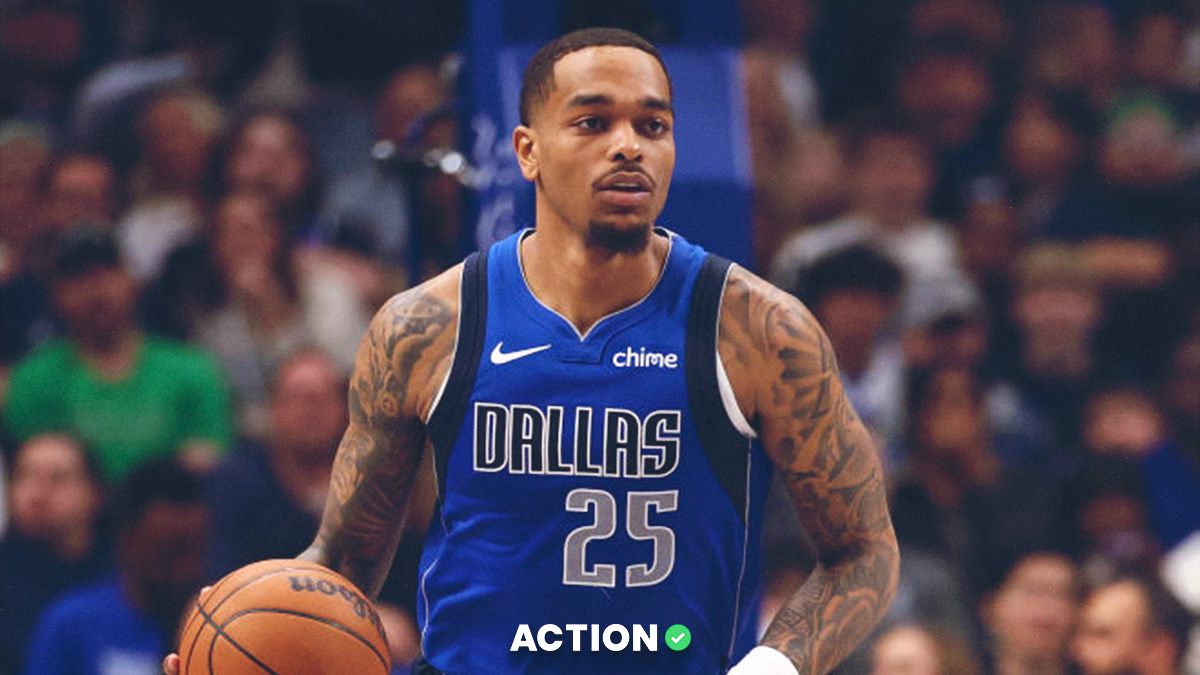That headline might seem harsh, but there's really no way of getting around how bad the San Antonio Spurs are.
The Spurs lost their 17th straight game on Monday, falling to the Houston Rockets while scoring just 82 points.
San Antonio is 30th in schedule-adjusted offense and 25th in defense. They can't shoot (26th in eFG%), can't hold onto the ball (28th in turnover percentage), can't grab extra boards (26th in OREB%), and can't draw fouls (30th in free throw rate). They also can't stop teams from shooting (26th in opponent eFG%), can't turn opponents over (19th in opponent turnover rate), and can't keep opponents off the line (22nd in opponent free throw rate).
They let opponents shoot a ton of 3s and make a ton (29th in opponent 3-point percentage and 20th in percentage of shots from 3). They can't shoot from anywhere but the rim. They have the fifth-worst half-court offense and the sixth-worst defense. They're also the sixth-worst transition offense. (Their transition defense isn't bad.)
Getting the picture? It's bad, bad, bad.
Betting honestly gives an even bleaker look. The Spurs, based on their win total, were projected to be 4.3 points worse than an average team on a neutral court. I currently have San Antonio 7.75 points worse than an average team. They are 8-14 ATS, having failed to cover by an average of 4.7 points per game. The market thinks they're awful … and they still can't cover.
This has led to some pretty damning questions, starting with Gregg Popovich. Is Popovich still a good coach? Was he ever a good coach, or was he just carried by Tim Duncan and later Kawhi Leonard?
This is recency bias and fails to really understand what the Spurs are doing.
There's been a pretty broad discussion of the Spurs' decision to start Jeremy Sochan at point forward, a position he has never played before, and to essentially never pair Victor Wembanyama with a true point guard. Tre Jones, a perfectly capable point guard, is right there.
The results make this pretty obvious:
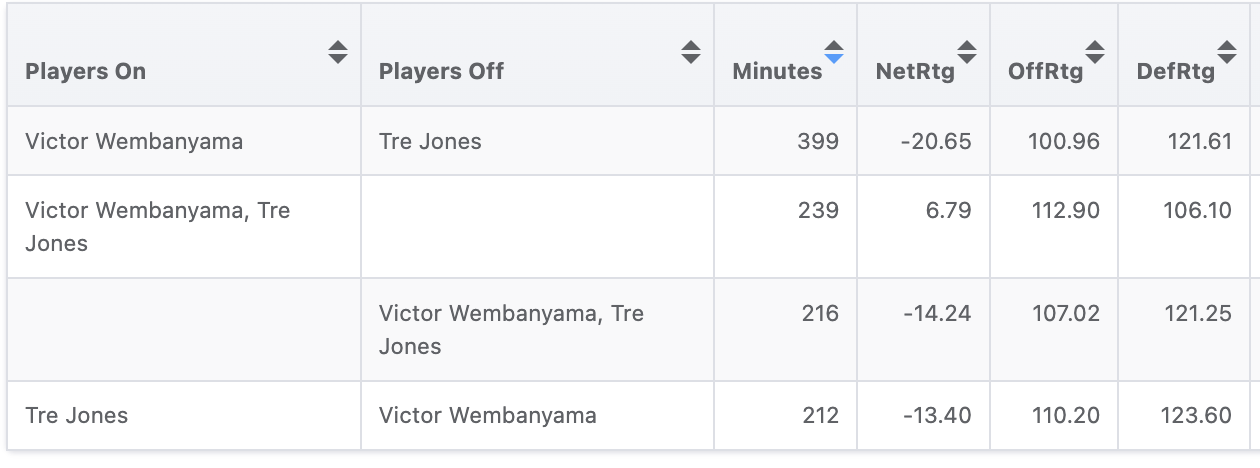
The Spurs have an analytics department. Even if Gregg Popovich hasn't looked at a single shred of this data, the eye test makes this painfully apparent. It doesn't take a genius to realize that pairing Wembanyama with a guard who can make reads in pick and roll would produce better results.
The problem is that everyone assumes teams want to take the most direct line from A to B, from losing to winning. They assume teams should always do what makes them better in the immediate. Teams in the Spurs' position, however, are trying to build a foundation for years to come.
What's more valuable to them — winning 35 games, still missing the playoffs/play-in, and getting a worst pick, or developing young talent in meaningful ways?
People will jump to "they're tanking for the pick," and that's not really on point here, either. First off, the 2024 draft is shaping up to be, in projections, one of the worst we've seen in some time. (It could be terrible, fine, great, all-time in a few years. No one knows before, but teams do behave based on what scouts believe about the strength of the class, and the strength of this class from a projection standpoint is poor.)
But helping Jeremy Sochan develop on-ball skills can pay off in major ways later, even when the Spurs give the ball full-time to a real point guard. More than anything, the Spurs' decisions indicate their lack of confidence in Jones to be the point guard they need. The Spurs would be better starting Jones now, but the goal is not to be better now, but later.
The Spurs take a high number of 3s (ninth highest in 3-point frequency in non-garbage-time per Cleaning The Glass, though most of their gametime is garbage time). They don't create enough at the rim, because their shooters don't create gravity and their ballhandlers can't leverage the defense. There's no reason to think the Spurs are playing an antiquated style, or fighting their own success with inefficient strategy.
They just don't have the capability to do it.
There are larger issues, like the regression of Keldon Johnson (though he has been more efficient), or the fact that Zach Collins neither helps with rim protection as the starting center nor spacing the floor as a stretch-five. These are things the Spurs will have to deal with and they could become challenges they can't just snap their fingers and solve.
But those are problems they can workshop and solve over time with roster additions and the draft. The Spurs signaled to everyone this summer pretty clearly that they were not in a hurry to build around Wembanyama. They are going to do everything to get this right, and it's the right move.
The New Orleans Pelicans tried to immediately concoct a winning team around Anthony Davis before he was ready, and it was such a disaster it created a cascading series of moves that formed a whirlpool of failure that eventually led to Davis leaving just when it looked like they'd turned the corner.
Finally, the betting does also tell an interesting story on this team. The Spurs are actually the ninth-best team in first-quarter ATS performance at 13-9. But they are dead last in the third quarter at 4-16-2, per EVAnalytics.com. Teams get comfortable ersus San Antonio, and the Spurs don't adjust back. Look for opportunities to fade them after good starts, and always look for second-half ATS fade spots.
But for now? The Spurs are truly terrible, but there's no reason to worry. They have told everyone with their lineups and rotations that they're perfectly comfortable with the tortoise-on-sedatives pace they're on.


